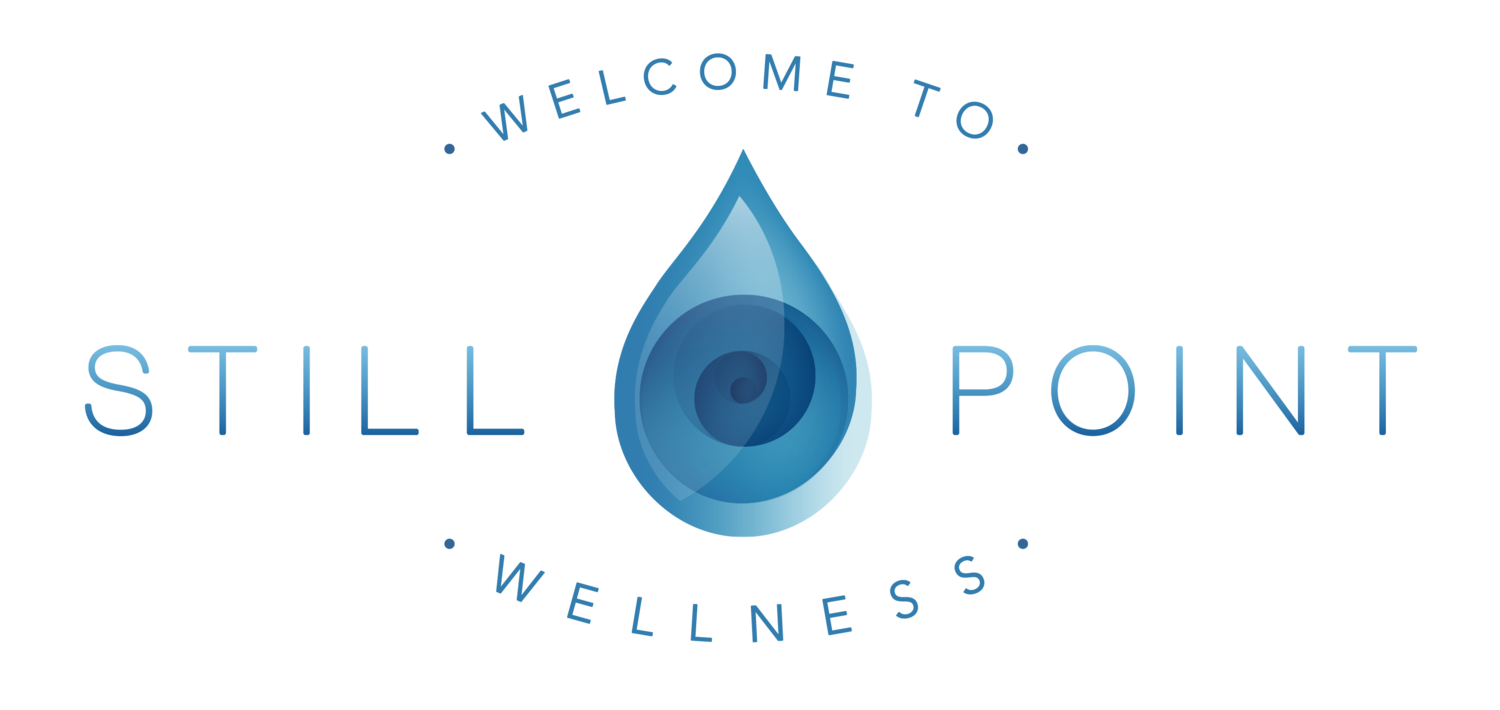What is REST?
R.E.S.T. stands for Reduced Environmental Stimulation Therapy. It’s a non-pharmacological stress-reduction technique that minimizes external sensory input to the nervous system. It typically involves floating in a shallow pool of warm water saturated with Epsom salt (aka float therapy/saltwater floatation/sensory deprivation) in a lightproof, soundproof environment. This setup eliminates most sensory stimuli, including visual, auditory, and tactile input, allowing the body and mind to deeply relax.
There is also a variation called chair-REST, where individuals recline in a zero-gravity chair in a quiet, dimly lit room. While this method provides some sensory reduction, it does not achieve the same level of sensory deprivation as floatation therapy.
The Science of REST
A 2025 study on REST, which studied the effects of chair-REST, found that removing external distractions enhanced mindfulness and emotional regulation. The study also acknowledged that floating in saltwater, where all weight and pressure disappear, offers an even deeper experience (Soláriková & Bartolen, 2025).
Recent float research backs this up:
Less Stress & Anxiety:
A 2023 study in Journal of Mood and Anxiety Disorders found that float therapy significantly reduced anxiety and depression while increasing feelings of peace, for up to 48 hours after a session (Garland et al., 2023).Body Image & Emotional Healing:
Another study found that float therapy helped people struggling with body image issues feel more at ease and less anxious (Khalsa et al., 2023).Heart & Nervous System Health:
Research in Frontiers in Neuroscience showed that float therapy lowers blood pressure, slows breathing, and balances the nervous system, all signs of deep relaxation (Flux et al., 2022).
A Firsthand Floating Experience
We've been offering float therapy to the Asheville community for over a decade, with thousands of people experiencing their first float with us. Over the years, we’ve heard (and experienced ourselves) incredible stories about how the practice of floating has supported healing. Here is a recent review that illustrates the profound impact floating can have:
”The tank was perfect. Comfortably warm. I opted to have the door shut and relax in total darkness despite being a bit nervous about since I don't swim and am heavier. It's very shallow and you'll be perfectly buoyant in it.
I was at peace immediately. I processed and released so much during that hour session--I let go of emotions I'd been holding, relaxed my body, had therapeutic realizations and had the peace to reflect deeply on life's purpose and our interconnectedness. It was physically, emotionally, and psychologically such a healing experience. Afterwards I returned to the meditation space and processed the experience. I felt so much lighter and calmer--even on a cellular level. As someone who suffers from anxiety and depression, this was huge for me. I proceeded to rave about the experience to anyone who would listen for the rest of the week!”
When you step into a float tank, you’re stepping away from stress, screens, and noise, and into deep REST. Your mind slows, your body unwinds, and you give yourself the space to just be.
References:
Soláriková, P., & Bartolen, I. (2025). Effects of chamber restricted environmental stimulation therapy on state mindfulness, physiological regulation, and emotional experience in young adults: Exploring variations by resting heart rate variability. Acta Psychologica. https://www.sciencedirect.com/science/article/pii/S0001691825000101
Garland, M. M., et al. (2023). Reduced Environmental Stimulation Therapy (REST) in anxiety and depression: An experience sampling study. Journal of Mood and Anxiety Disorders. https://www.jmoodanxdisorders.org/article/S2950-0044(23)00003-2/fulltext
Khalsa, S. S., et al. (2023). Floatation-REST for body image disturbance and anxiety in anorexia nervosa: A randomized clinical trial. eClinicalMedicine. https://pubmed.ncbi.nlm.nih.gov/37936658/
Flux, M. C., et al. (2022). Exploring the acute cardiovascular effects of Floatation-REST. Frontiers in Neuroscience. https://www.frontiersin.org/journals/neuroscience/articles/10.3389/fnins.2022.995594/full

